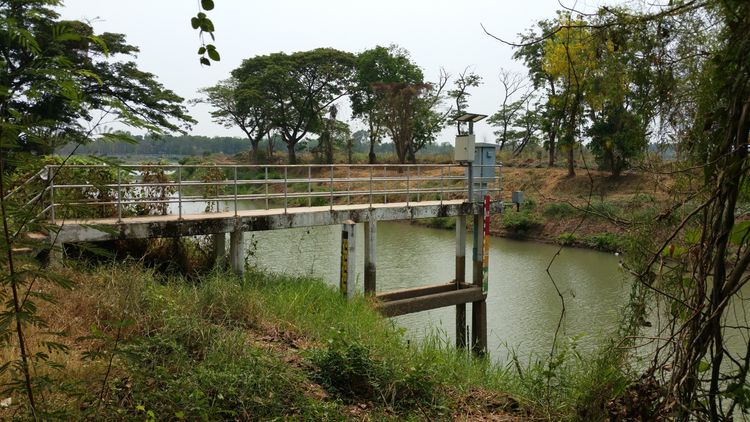Flood and Drought Management Tools
limate change is altering weather and water patterns around the world; causing more frequent and damaging floods and/or water shortages leading to droughts.

limate change is altering weather and water patterns around the world; causing more frequent and damaging floods and/or water shortages leading to droughts.
